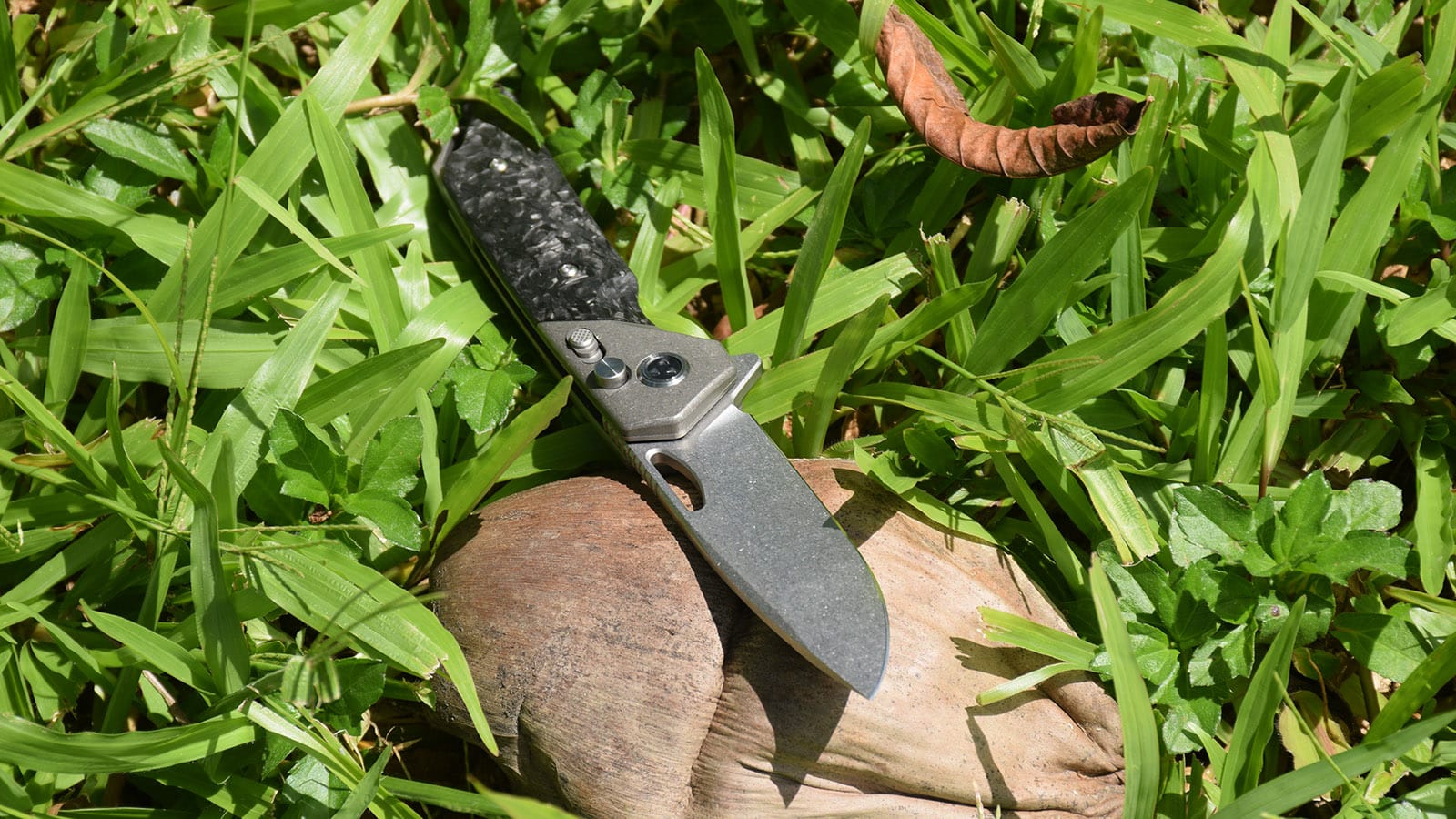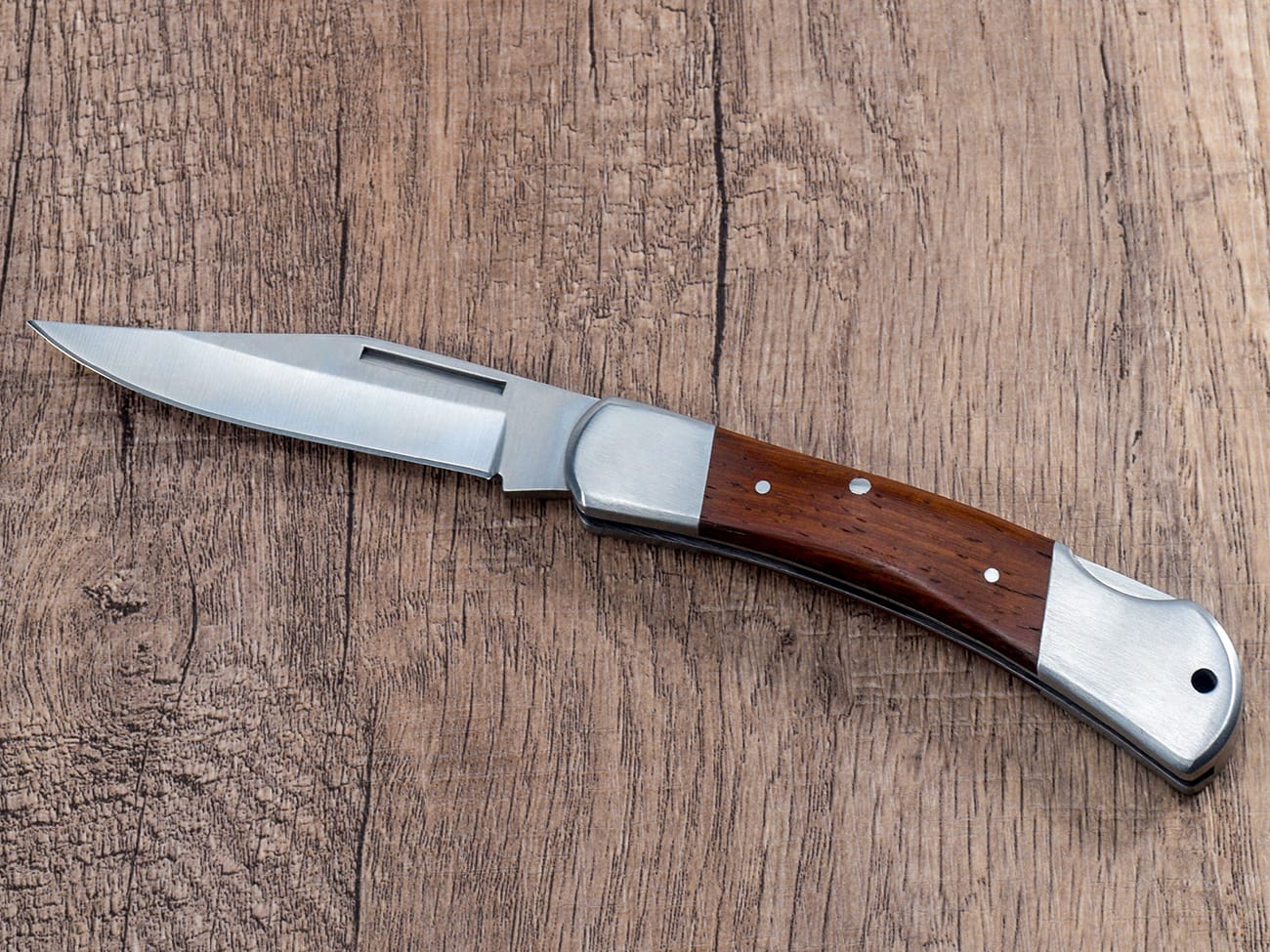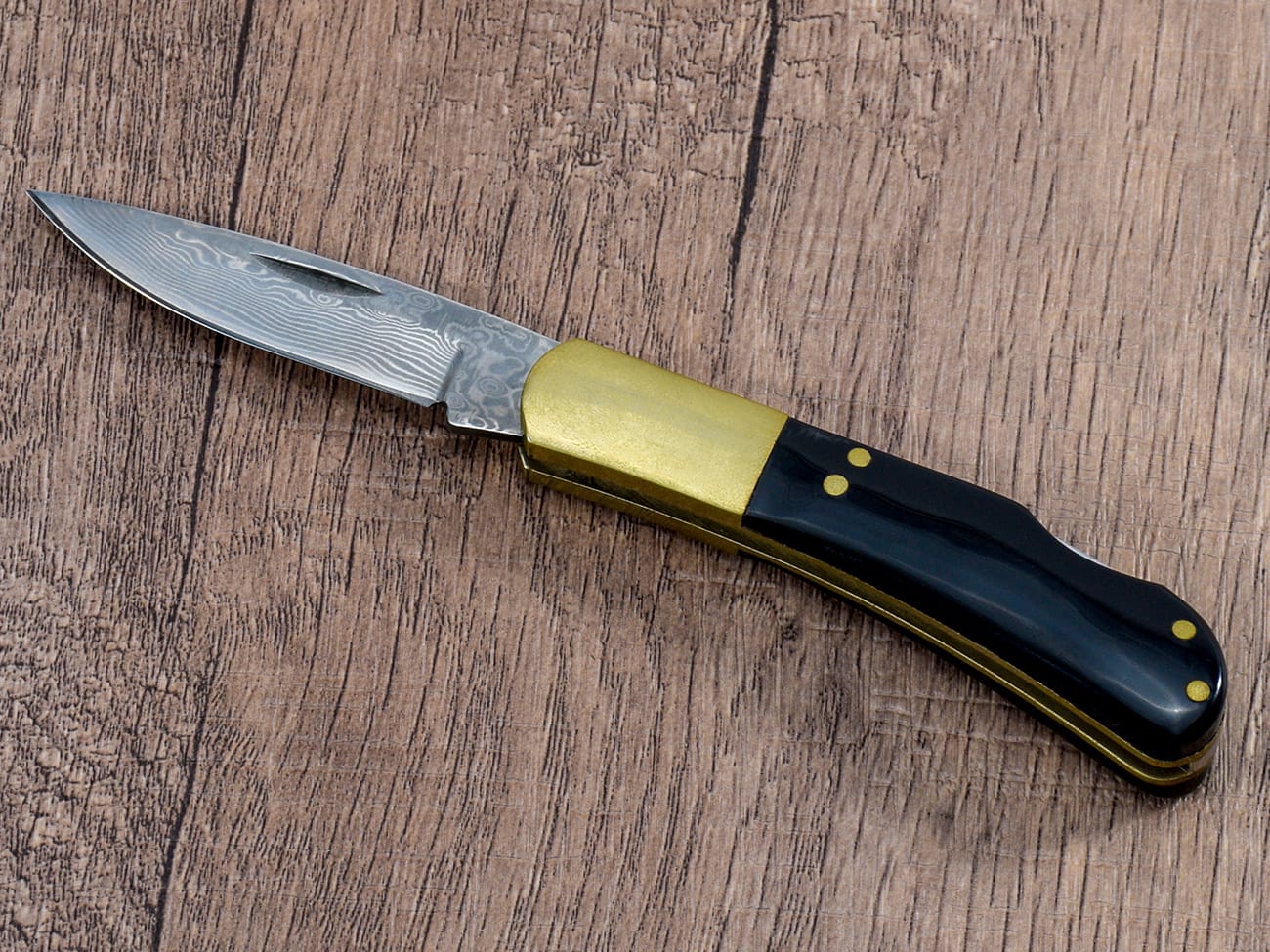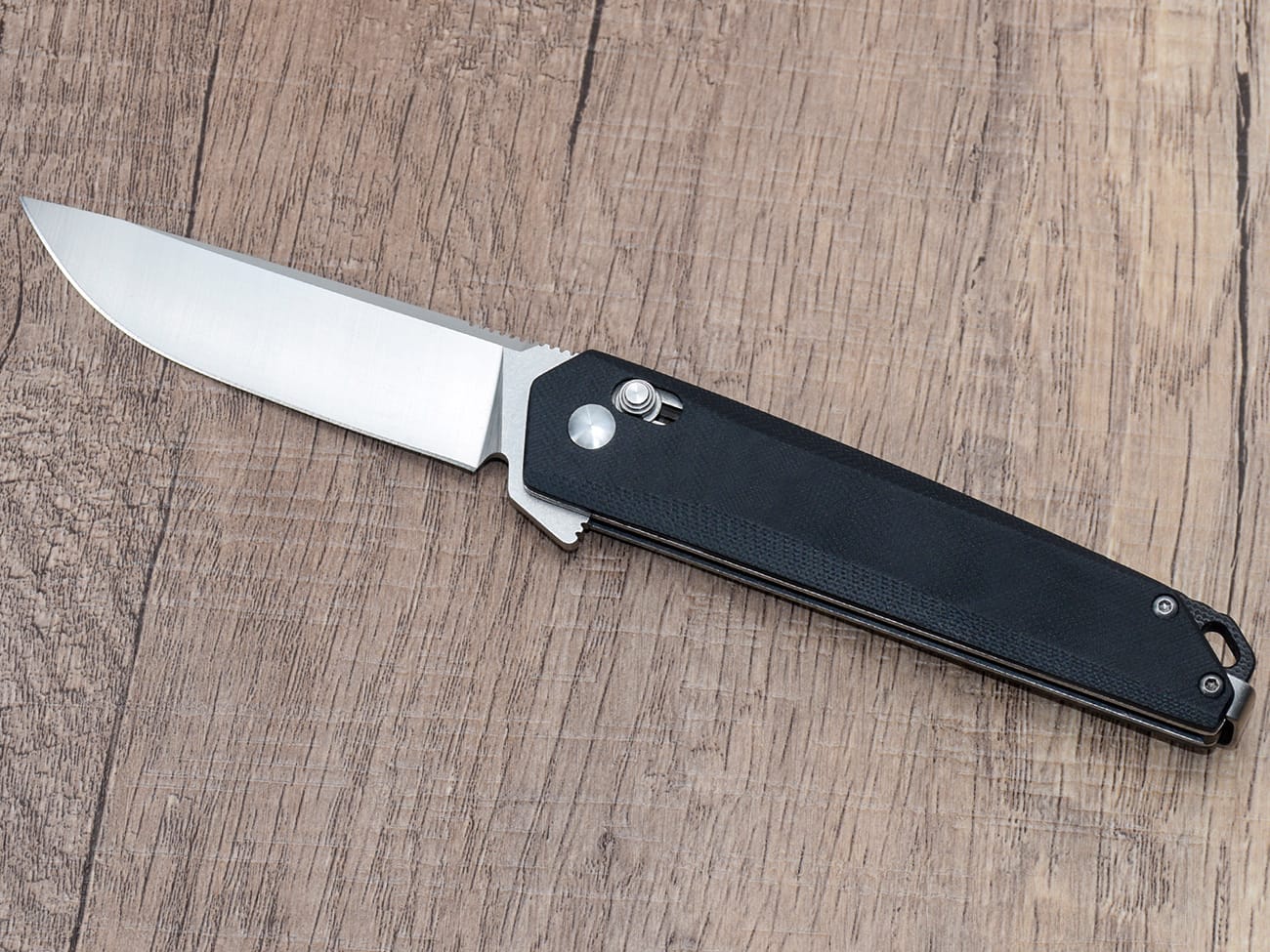Are you frustrated with a dull pocket knife that just won’t cut it anymore? A sharp knife is not just more effective – it’s actually safer to use than a dull one. In this comprehensive guide, you’ll learn proven techniques to transform your dull blade into a razor-sharp tool, whether you’re a beginner or looking to refine your sharpening skills.
What Makes a Pocket Knife Dull and Why Does Sharpening Matter?
Every knife, even the highest quality folding knives, will eventually lose its edge through regular use. Understanding why knives become dull helps you maintain them better. The cutting edge gradually wears down from:
- Regular contact with cutting surfaces
- Microscopic edge rolling and deformation
- Environmental factors like moisture and corrosion
- Improper storage and handling
Essential Tools You’ll Need for Knife Sharpening
Before you begin sharpening your pocket knife, gather these essential tools:
- Sharpening stone (whetstone) with multiple grits
- Honing rod or ceramic sharpener
- Leather strop (optional but recommended)
- Clean cloth for wiping
- Water or honing oil
- Angle guide (recommended for beginners)

A well-maintained damascus steel pocket knife deserves proper sharpening care
How to Test if Your Pocket Knife Needs Sharpening?
Before you begin the sharpening process, determine if your knife actually needs it. Here are some simple tests:
- Paper test: Try slicing through paper – a sharp knife should cut cleanly
- Tomato test: A sharp blade should easily slice through tomato skin
- Visual inspection: Look for nicks or dull spots along the edge
- Thumbnail test: Carefully drag the edge across your thumbnail – it should catch slightly
Understanding Knife Sharpening Angles
One of the most crucial aspects of sharpening is maintaining the correct angle. Most EDC knives have a bevel angle between 15-20 degrees. Here’s what you need to know:
- Lower angles (15-17°) provide a sharper edge but less durability
- Higher angles (20-25°) offer more durability but less ultimate sharpness
- Maintain consistency in your angle throughout the sharpening process
Step-by-Step Guide to Sharpening Your Pocket Knife
- Prepare your workspace:
- Clean and dry surface
- Good lighting
- Comfortable working height
- Water or oil nearby
- Start with the coarse grit:
- Soak your whetstone if required
- Position the blade at the correct angle
- Apply light, consistent pressure
- Work from heel to tip
- Progress through finer grits:
- Clean the blade between grits
- Maintain the same angle
- Use progressively lighter pressure
- Check progress frequently
Common Mistakes to Avoid When Sharpening
Even experienced knife enthusiasts can make these mistakes:
- Inconsistent angles
- Too much pressure
- Skipping grits
- Neglecting to clean between grits
- Not maintaining the stone’s flatness
How Often Should You Sharpen Your Pocket Knife?
The frequency of sharpening depends on:
- Usage intensity
- Type of materials cut
- Blade steel quality
- Storage conditions
Most EDC knives benefit from light honing every few weeks and thorough sharpening every 3-6 months.
Advanced Sharpening Techniques and Tips
For those looking to master the craft:
- Burr formation and removal
- Stropping techniques
- Micro-bevel creation
- Edge finishing methods
- Stone maintenance
Maintaining Your Newly Sharpened Edge
After achieving that perfect edge, maintain it with these practices:
- Use appropriate cutting surfaces
- Clean and dry after use
- Store properly
- Regular stropping
- Avoid lateral stress
Key Takeaways for Perfect Knife Sharpening
- Always maintain consistent angles
- Progress through grits systematically
- Keep your stones clean and flat
- Test sharpness frequently
- Practice regular maintenance
- Use appropriate pressure
- Clean between grits
- Store knives properly
Important Safety Notes:
- Always sharpen away from your body
- Wear cut-resistant gloves if needed
- Keep your workspace clean and organized
- Focus on the task – avoid distractions
- Keep first aid supplies nearby
Remember, sharpening is a skill that improves with practice. Take your time, be patient, and your pocket knife will reward you with years of reliable service.




